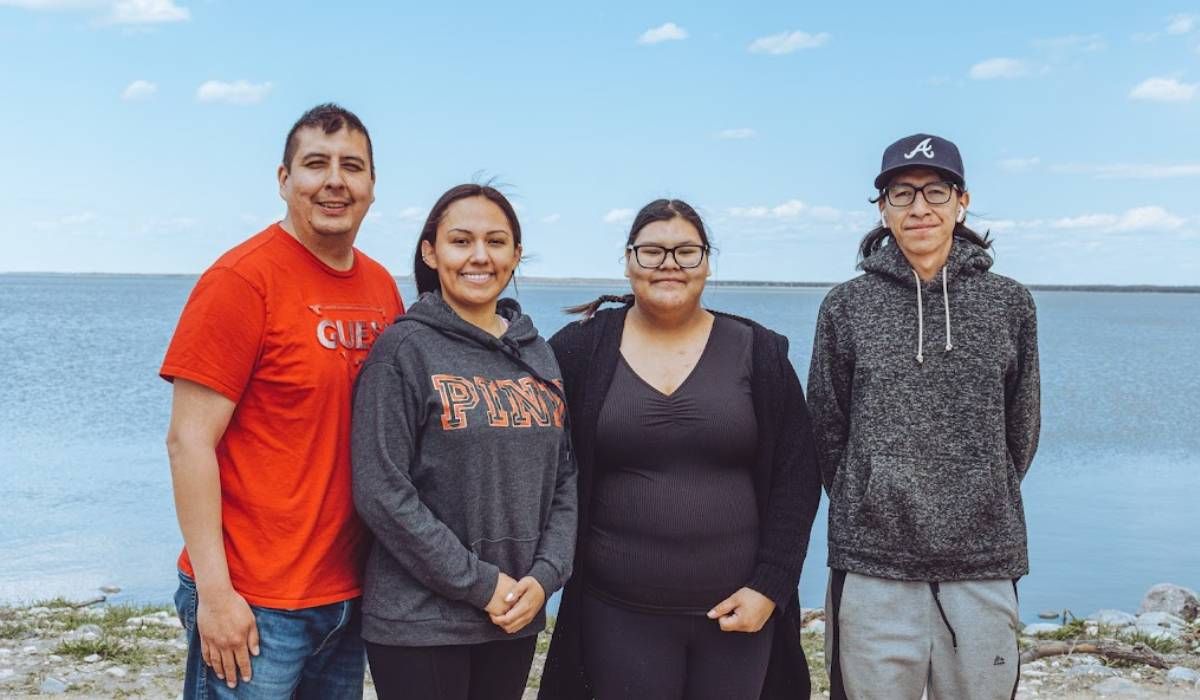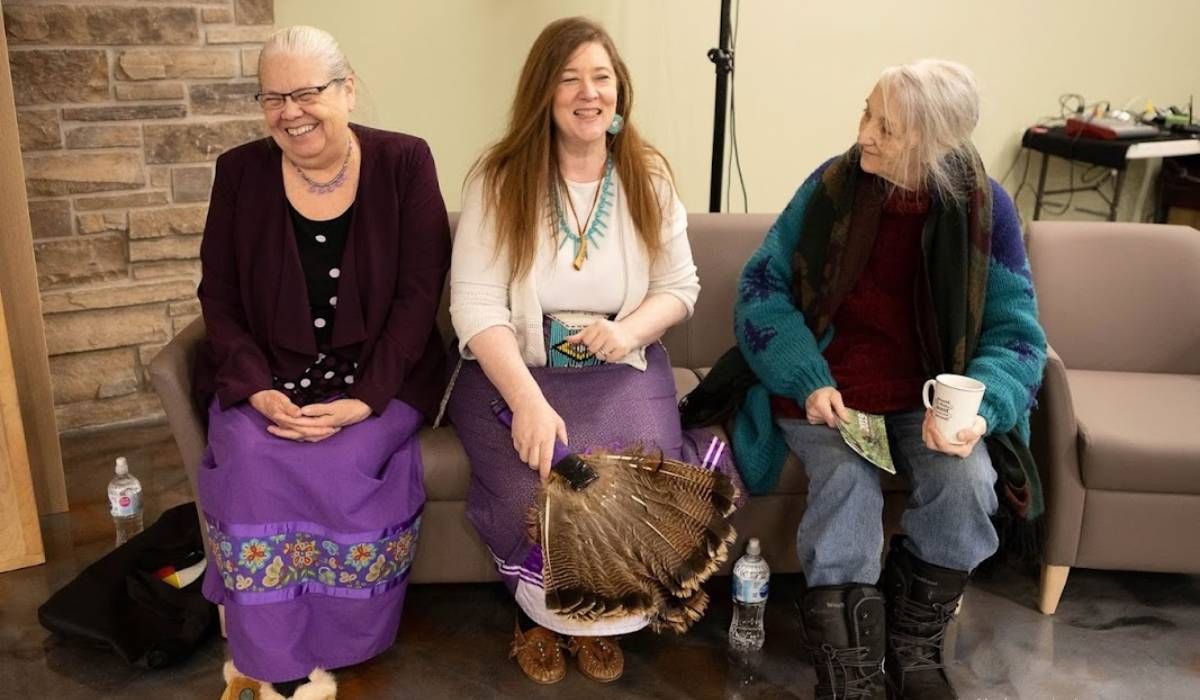Using the right terminology to address original inhabitants of Canada is the first step towards respecting their culture and history. Over the years, there have been several names including natives, aboriginals, Indians, or redskins, to address them but these were disrespectful. As a Canadian charity working with northern Indigenous communities in Canada, we want to create a helpful resource to help you understand the right terms to address Indigenous People in Canada.
What are the acceptable terms and when to use them?
1. Indigenous
Indigenous is an international term that’s used to address First Nations (status and non-status), Métis and Inuit of different countries. For example, the United Nations Declaration on the Rights of Indigenous People, and is associated with activism and governments. It is an acceptable term to use during formal communications.
2. First Nations
Most indigenous communities that live on reserves in Canada are usually referred to as First Nations. Technically, it refers to those who have an Indian status under the Canadian law. This term can’t be interchangeably used for Inuit and Métis communities.
3. Inuit
Inuit is an aboriginal community located in the Arctic circle. Inuit is a plural term for Inuk and translates as “the people”. This community was earlier referred to as Eskimo, which is highly inappropriate and shouldn’t be used at all.
4. Métis
Métis is a term used to describe indigenous people from Canada’s Prairie provinces including Alberta, Saskatchewan, and Manitoba, and some parts of British Columbia, the Northwest Territories, and northern United States.
5. Aboriginal
Aborginal is a term that’s come to use more recently and is an umbrella term used to refer to First Nations, Inuit and Métis peoples. Until now, it was considered an acceptable term but it’s being used less and less socially since it’s associated with the Canadian government’s policy – the 1982 Constitution Act.
6. Indian
This is where it gets a little complicated. It can only be used to identify a person who is registered under the Indian Act. It can be used in direct quotations, legal, and constitutional matters, to describe historic incidents, or discuss rights and benefits of someone with an Indian status. Avoid using the term when talking in a social setup as you wouldn’t know who finds this term derogatory.
7. Native
Native is another complicated term that’s used often. Some people consider it appropriate to address First Nations, while others think it’s entirely unacceptable. It is an okay term to use if you work for or want to address organizations like the Native Women’s Association of Canada or when the person you’re talking to addresses themselves as Native.

